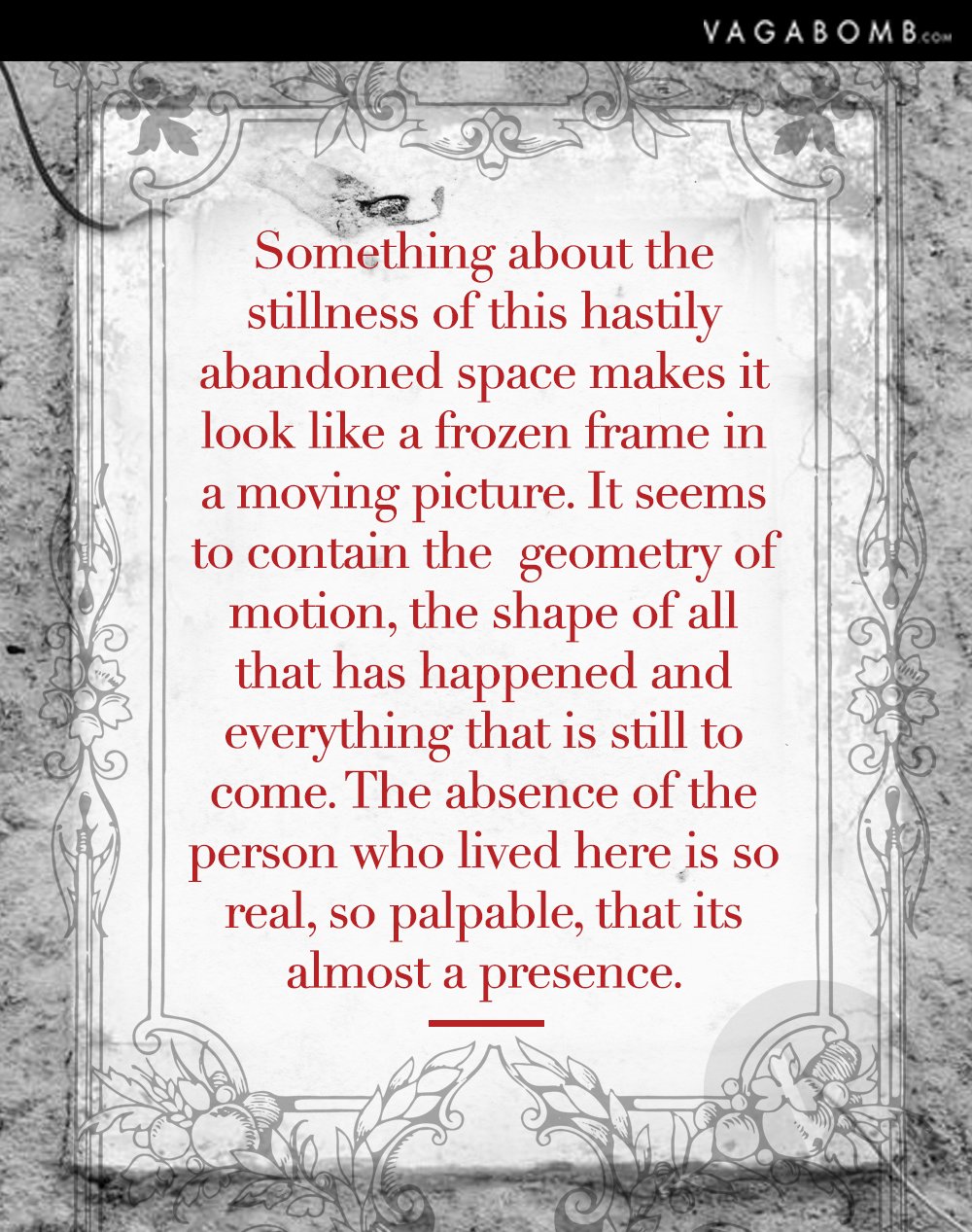



The idea that the personal is political and vice versa informs its every sentence, but it also interrogates that assumption, examining its contours and consequences. The Ministry of Utmost Happiness is a curious beast: baggy, bewilderingly overpopulated with characters, frequently achronological, written in an often careless and haphazard style and yet capable of breathtakingly composed and powerful interludes. And neither, indeed, does her second novel. For me, that’s the only way I can make sense of the world, with all the dance that it involves”, suggests that she would not agree with that binary worldview. Her recent interview with the Guardian’s Decca Aitkenhead, in which she said: “To me, there is nothing higher than fiction. Her prolific career as a writer of nonfiction, from 2002’s The Algebra of Infinite Justice to books on capitalism, globalisation and democracy, has brought her to the fore as a polemicist and political philosopher.īut there is something Janus-faced about the way we fetishise the writing of fiction: Roy is at once seen to be participating in the “real world” but also as having abandoned – or been abandoned by – the creative muse that we imagine propels all artists. In the case of Arundhati Roy, whose debut novel The God of Small Things won the Booker prize in 1997, her life as a political activist more than explains what she has been doing in the intervening two decades: protesting against ecological depredations, on behalf of Kashmir independence and against Hindu nationalism, as well as fighting charges of sedition laid against her by the Indian government, left her little free time.

Even when there seems to be a more straightforward matter of a writer moving slowly – as in, for example, Nadeem Aslam’s Maps for Lost Lovers, which took a decade to write – it is revealed to be more a case of endeavour and precision rather than existential crisis (it took him five years to get the opening chapter right). But this was not writer’s block, it was a writer making choices the academic work and essays that Robinson undertakes as well as her fiction writing are just as much a part of her creative and intellectual identity. Marilynne Robinson, for example, whose output as a novelist paused for nearly 25 years after her brilliant debut Housekeeping, published in 1980 when it recommenced, with Gilead, it did so in Pulitzer prize-winning fashion, and two subsequent novels. T he drama of the unforthcoming second novel is often a great deal more intense and traumatic to literary onlookers than it is to their putative creators.


 0 kommentar(er)
0 kommentar(er)
